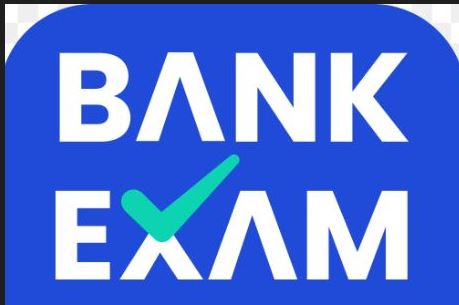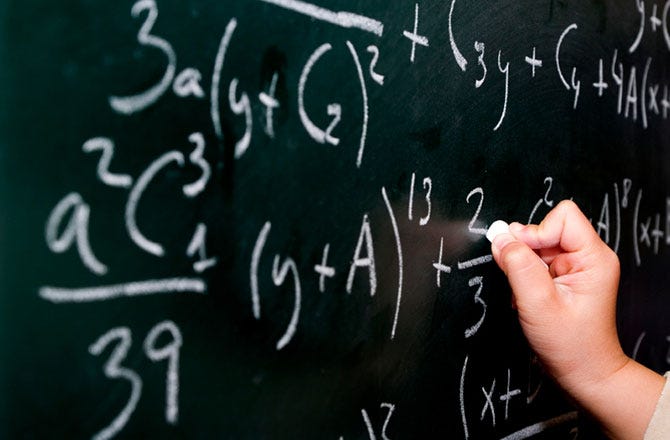Understanding the difference between knowledge and information is essential for making better decisions, fostering effective learning, and enhancing critical thinking skills. While these terms are often used interchangeably, they are fundamentally different and play unique roles in how we process and utilize data. In this article, we’ll explore why distinguishing between knowledge and information is so important.
What Is Information?
Information is the raw data that we receive through various means, such as reading, observing, or hearing. It can be numbers, facts, or statements that, in themselves, don’t carry inherent meaning without interpretation. For example, a weather report saying it’s 30 degrees Celsius outside is information. It’s a piece of data that provides a detail about current conditions.
Information is abundant in our digital age, accessible at any time with a few clicks. However, it can often be superficial if not properly processed. This leads us to the concept of Knowledge vs. Information, where information is the input that can be converted into something much more valuable when paired with context and understanding.
What Is Knowledge?
Knowledge, on the other hand, is information processed, interpreted, and stored in a meaningful way. It requires context, analysis, and personal experience to transform data into applicable insights. For example, knowing that 30 degrees Celsius might feel warm or even hot—and understanding how to dress appropriately for such weather—demonstrates knowledge.
Knowledge is actionable, allowing individuals to make informed decisions based on deeper comprehension. It is built through experience, learning, and synthesizing various pieces of information into something that provides value.
The Crucial Differences Between Knowledge and Information
Understanding the differences between knowledge and information is more than just an exercise in semantics. Here’s why:
1. Enhanced Critical Thinking
When you can differentiate between information and knowledge, you cultivate critical thinking skills. Information alone can be overwhelming, especially in an age where data is so readily available. Being able to process that information, derive meaning, and apply it as knowledge is a marker of a critical thinker.
2. Improved Decision-Making
Distinguishing between knowledge and information is essential for effective decision-making. Decisions made based solely on raw data can be shortsighted. However, decisions that leverage knowledge—taking information, processing it, and applying it with judgment—are more likely to be well-rounded and beneficial in the long run.
3. Deeper Learning and Retention
Information provides the foundation, but knowledge cements it. When individuals merely absorb facts, the retention can be fleeting. On the other hand, when they apply that information, engage with it, and transform it into practical insights, learning becomes deeper and more lasting. This is why educators emphasize understanding over rote memorization—transforming information into knowledge enhances retention.
The Role of Context in Transitioning from Information to Knowledge
One of the main differentiators between Knowledge vs. Information is context. Information becomes valuable when paired with the right context, enabling individuals to see connections and draw conclusions. Without context, information remains just that: a standalone piece of data that doesn’t inform meaningful action.
For instance, seeing that a company’s stock dropped by 10% is mere information. Understanding why it happened, what market conditions led to it, and how it might impact future investments—that’s knowledge.
Why This Matters in Today’s World
In our fast-paced world, the line between information and knowledge can often become blurred. The constant influx of data from news sources, social media, and other digital platforms makes it easy to mistake an overload of information for comprehensive understanding.
1. Preventing Information Overload
Recognizing the difference between information and knowledge helps prevent information overload. By focusing on interpreting data meaningfully and applying it in ways that benefit you, the pressure of sifting through vast amounts of raw data is alleviated.
2. Empowering Personal and Professional Growth
Whether in personal pursuits or professional endeavors, applying knowledge rather than simply collecting information leads to growth and improvement. It enables you to make strategic choices, offer informed opinions, and engage in productive problem-solving.
Conclusion
Understanding knowledge and information separately is vital for building a foundation of critical thinking, decision-making, and lifelong learning. Information is just the start; knowledge is the outcome of processing and applying that information effectively. By focusing on converting information into knowledge, individuals and organizations can better navigate complex challenges and opportunities in an information-rich world.



